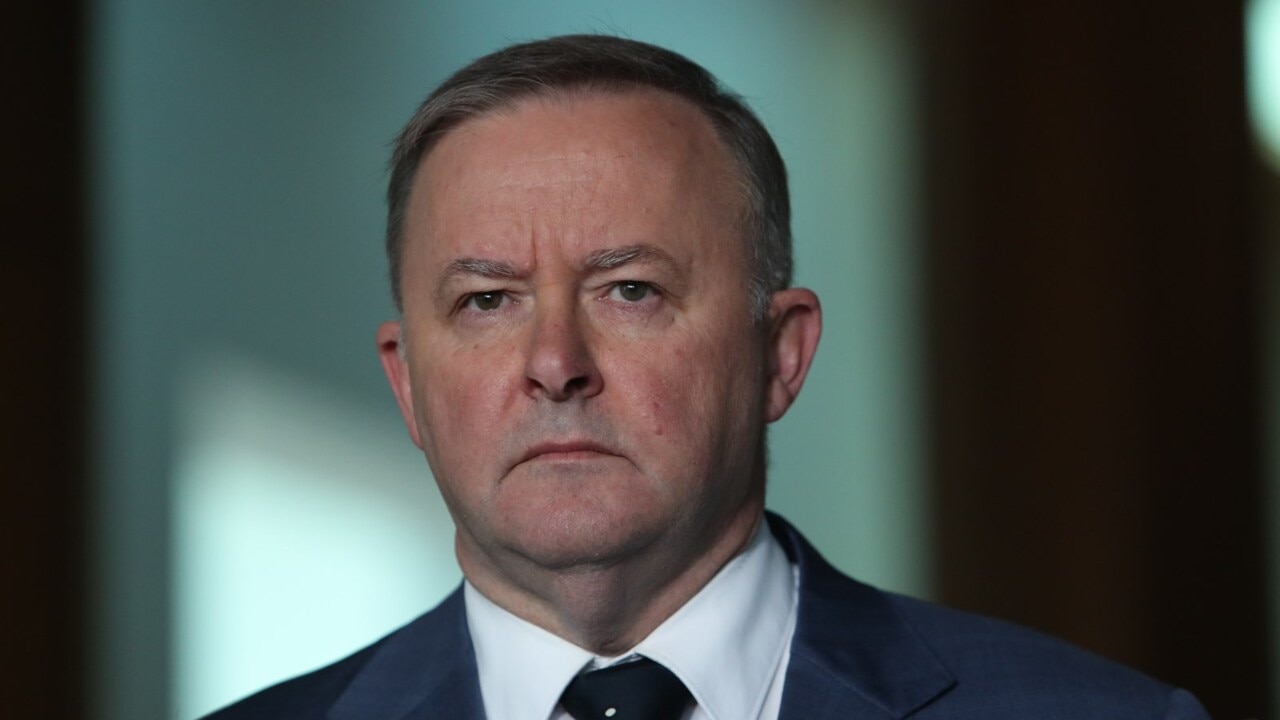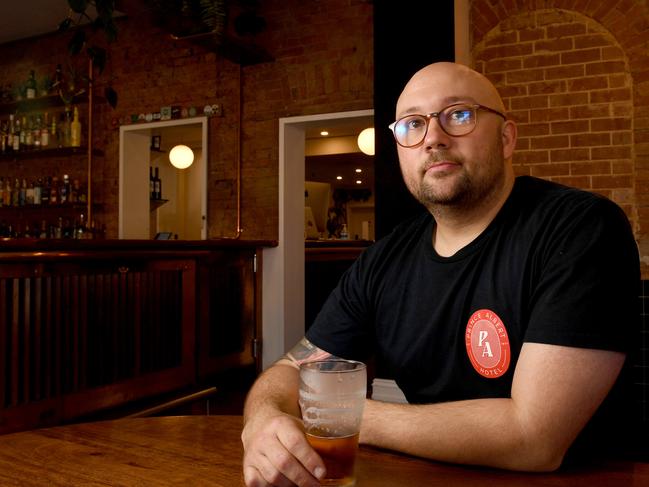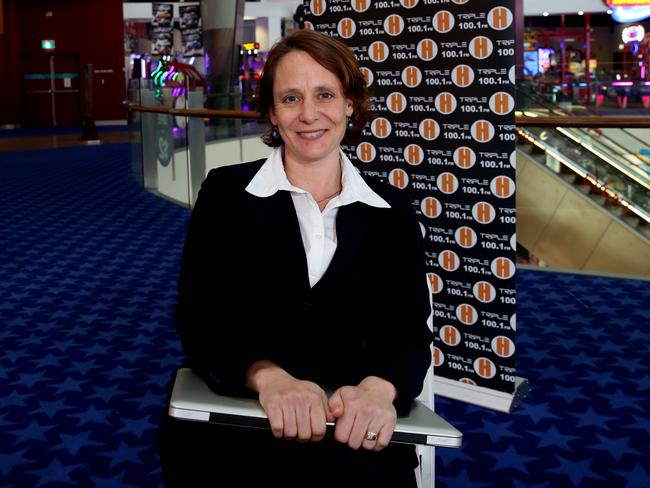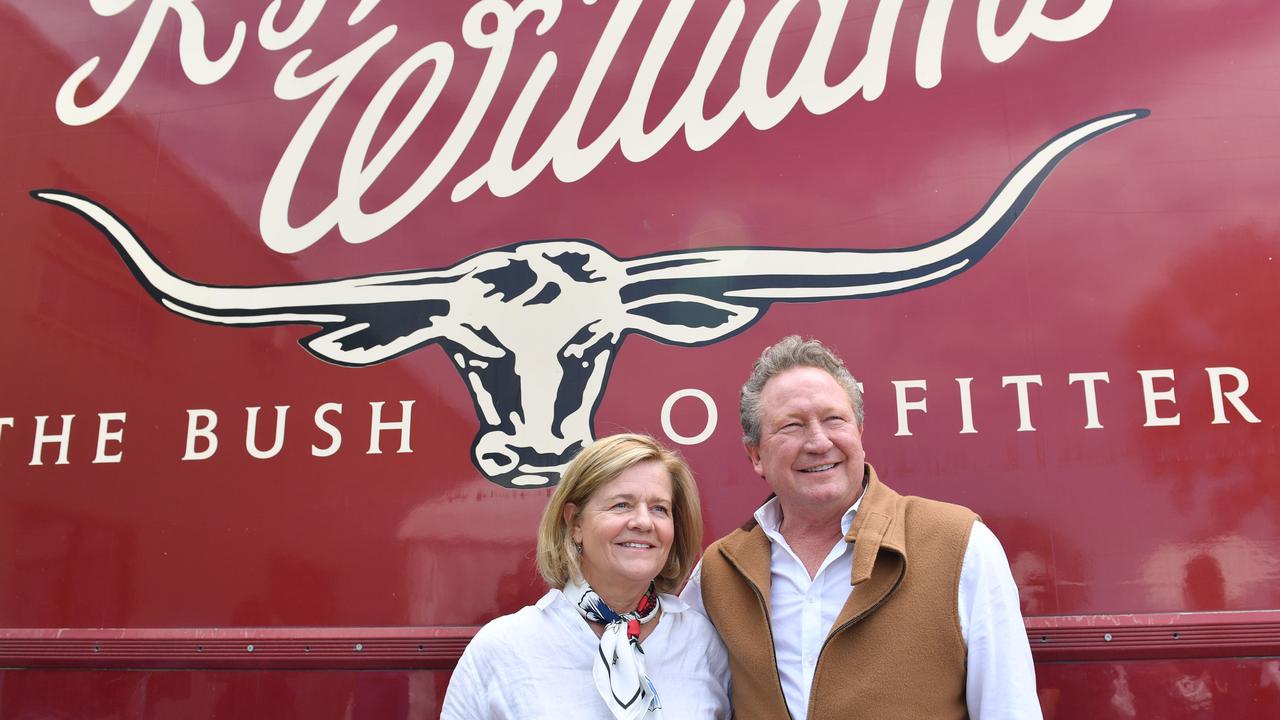Revealed: Every South Australian business that liquidated last financial year
More than 200 South Australian businesses have collapsed, as industry figures reveal what is needed to help owners survive. See the full list.

SA Business
Don't miss out on the headlines from SA Business. Followed categories will be added to My News.
Business leaders want Australia’s vaccination rollout ramped up to help save companies from collapse, with more than 200 in South Australia liquidated last financial year.
They say getting more jabs into people’s arms is key to keeping the country open which in turn will help keep businesses alive.
And with no certainty on how quickly Australia will progress through the federal government’s four-step plan out of the pandemic — where in later stages lockdowns are considered a last-resort option to deal with Covid outbreaks — they are calling for a standardised national framework so businesses can plan their operations during shutdowns and restrictions amid fears its absence may cause some to throw in the towel.
It comes as ASIC data showed 210 companies registered in South Australia had liquidators or administrators appointed in the 2020-2021 financial year.
The list shows, among others, businesses in construction, hospitality, retail and health have folded.
That figure is lower than the financial year prior when at least 297 businesses went under, though it’s said to be understandable as support measures, like JobKeeper, and relaxed insolvency laws were in place.
Every year some businesses will be put into liquidation simply because they are no longer active or have outlived their purpose.
Council of Small Business Organisations Australia (COSBOA) interim CEO, Alexi Boyd, welcomed the deal struck between the NSW and federal government that will pay businesses who have suffered at least a 30 per cent drop in revenue due to the lockdown up to $10,000 a week to cover costs provided they keep their workers.
Ms Boyd said while it would be “ideal” for Canberra to strike this agreement with all states and territories, she acknowledged the “federal government does not have an unending tap of money”.
“We welcome the possibility this could be a standardised approach, but its something the federal government would need to determine perhaps based on the impact to the economy,” Ms Boyd said.
Business SA CEO Martin Haese said the NSW deal “should give the South Australian business community confidence that they too would receive appropriate financial support if the state government had absolutely no other choice but to impose a local lockdown”.

New Prince Albert Hotel owner Darren Brown said he was frustrated with the vaccine rollout and the management of the quarantine system.
He bought the Wright St hotel earlier this year, soon after his Ivy Entertainment events and marketing business became a pandemic victim with the loss of eight jobs. After a renovation, the Prince Albert reopened in May, having been closed under its previous owner since March 2020.
“It is frustrating now to come to work and put in 90-100 hours per week while dodging bullets left right and centre due to restrictions,” said Mr Brown, who also started a new events firm.
Ms Boyd said with the “spectre of lockdowns still hanging over our head”, COSBOA was calling for a standardised national framework to help businesses navigate Covid.
This would include things such as a definition of an essential businesses, and clear guidelines on what businesses are expected to do to comply with restrictions given this varied across jurisdictions.
There also needed to be more clarity around financial support measures, which she believed governments were approaching “lockdown by lockdown.

She said payments needed to be “immediate, reasonable and effective”.
“Meaning that you can’t pick and choose who receives it because everyone is affected, and there needs to be a way to ensure businesses who are entitled receive it,” she said.
But ultimately, expanding the vaccine eligibility to as many Australians as possible is what was is needed most.
“When that happens, then we can safely look at reopening and not having lockdowns anymore,” she said.
“Of course we don’t want anymore lockdowns. They’re devastating. There’s only so much a small business can pivot to stay alive”.
CPA Australia manager of business and investment policy Gavan Ord agreed there was a need for a “form of national standardised support for business during lockdowns”.
“Currently what happens is that a lockdown is called and governments will make up something to support business, which then starts in a few hours or a few days. So there’s not appropriate policy consideration,” Mr Ord said.

He said he had noticed an “uptick” of business insolvencies notices since the beginning of the current financial year, and insolvency practitioners had also advised that voluntary liquidation inquiries were also on the rise.
While the latter did not necessarily mean an insolvency would occur, he said there would “absolutely” be greater numbers of insolvencies this financial year if the trend continued.
Many businesses would now be looking at their finances and may have found their position to be insecure against a backdrop of continuing uncertainty and fewer support measures, he said.
“We now know this uncertainty is going go on until vaccination rates are up, and we’re likely going to be in and out of lockdowns until at least the end of the year,” he said.
“So while their looking at their finances, that uncertainty is really going to make them think about what the best way forward is for their business.”
Australian Chamber of Commerce and Industry CEO Jenny Lambert said the vaccine rollout needed to be accelerated in order to bolster business certainty and eliminate the prospect of Covid outbreaks leading to lockdowns.
Ms Lambert said this was the “best support measure”, and added goals set by governments to eliminate lockdowns should be “realistic”.
“In the meantime we should ramp up trials for international arrivals such as vaccinated travellers self-isolating at home and enable the arrival of international students and skilled migrants,” Ms Lambert said.
“This should be done through a staged approach, focused initially on vaccinated travellers from countries with low infection rates.”
TOP 10 INSOLVENCY POSTCODES
5000 - 38 liquidations
5067 - 9 liquidations
5031 - 9 liquidations
5061 - 6 liquidations
5045 - 5 liquidations
5034 - 5 liquidations
5042 - 5 liquidations
5069 - 4 liquidations
5108 - 4 liquidations
5064 - 4 liquidations
If you or someone you know is struggling mentally and at risk of suicide call Lifeline on 13 11 14, headspace on 1800 650 890 or Kids Helpline on 1800 55 1800.


